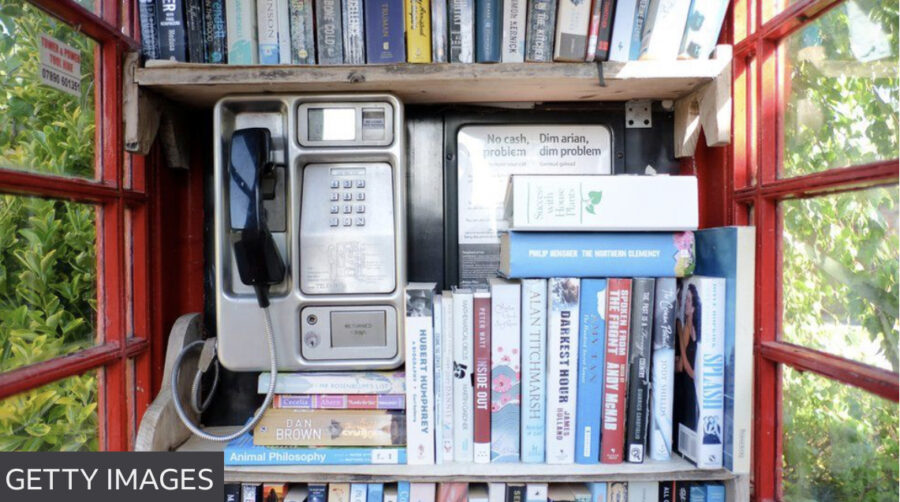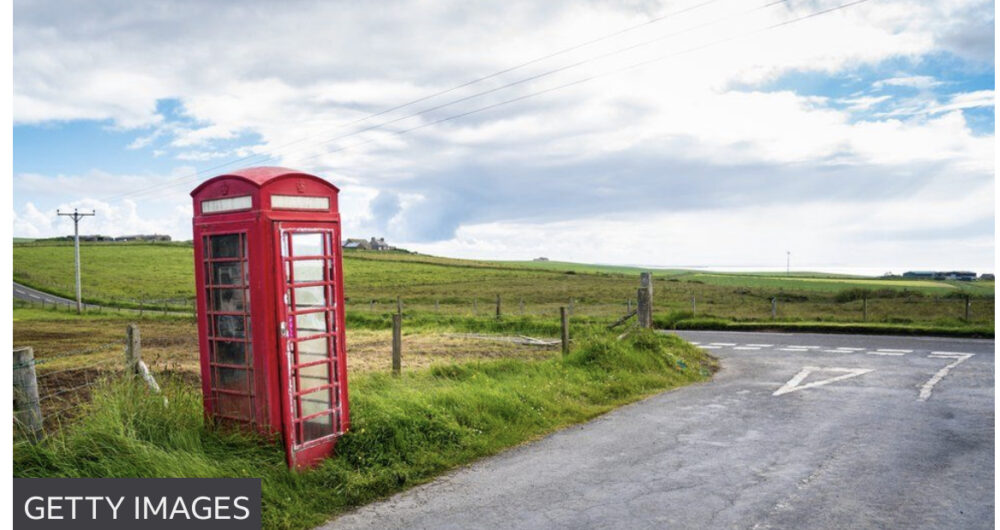Thousands of phone boxes around the UK will be protected from closure, according to the BBC.
Ofcom, the UK telecoms regulator, said it will stop BT from closing down 5,000 phone boxes in areas with poor mobile signals or high accident rates, if they are still needed by local communities.
The watchdog said that without such protection, some – which are considered “vital” – would still have been closed.
For the past few years BT has been decommissioning unused payphones.
Now a phone box will be saved if:
- It is located at an accident or suicide hotspot.
- More than 52 calls have been made from it over the past 12 months.
- Exceptional circumstances mean there is a need for a public call box.
- Its location is not already covered by all four mobile networks.
At their peak, there were around 92,000 phone boxes in the UK, but now 96% of UK adults own a mobile phone.

About 6,000 of the kiosks have been adopted by local authorities for other purposes, such as book exchanges.
Now, if no payphone is needed, communities will be able to purchase them for £1 and use them for other purposes.
Selina Chadha, Ofcom’s Director of Connectivity, said: “Some of the call boxes we plan to protect are used to make relatively low numbers of calls. But if one of those calls is from a distressed child, an accident victim or someone contemplating suicide, that public phone line can be a lifeline at a time of great need.
“We also want to make sure that people without mobile coverage, often in rural areas, can still make calls. At the same time, we’re planning to support the rollout of new phone boxes with free Wi-Fi and charging.
“Under our plans, BT and KCOM – which operates Hull’s unique white phone boxes – must also install batteries in some payphones, so they can still be used during a power cut.”




